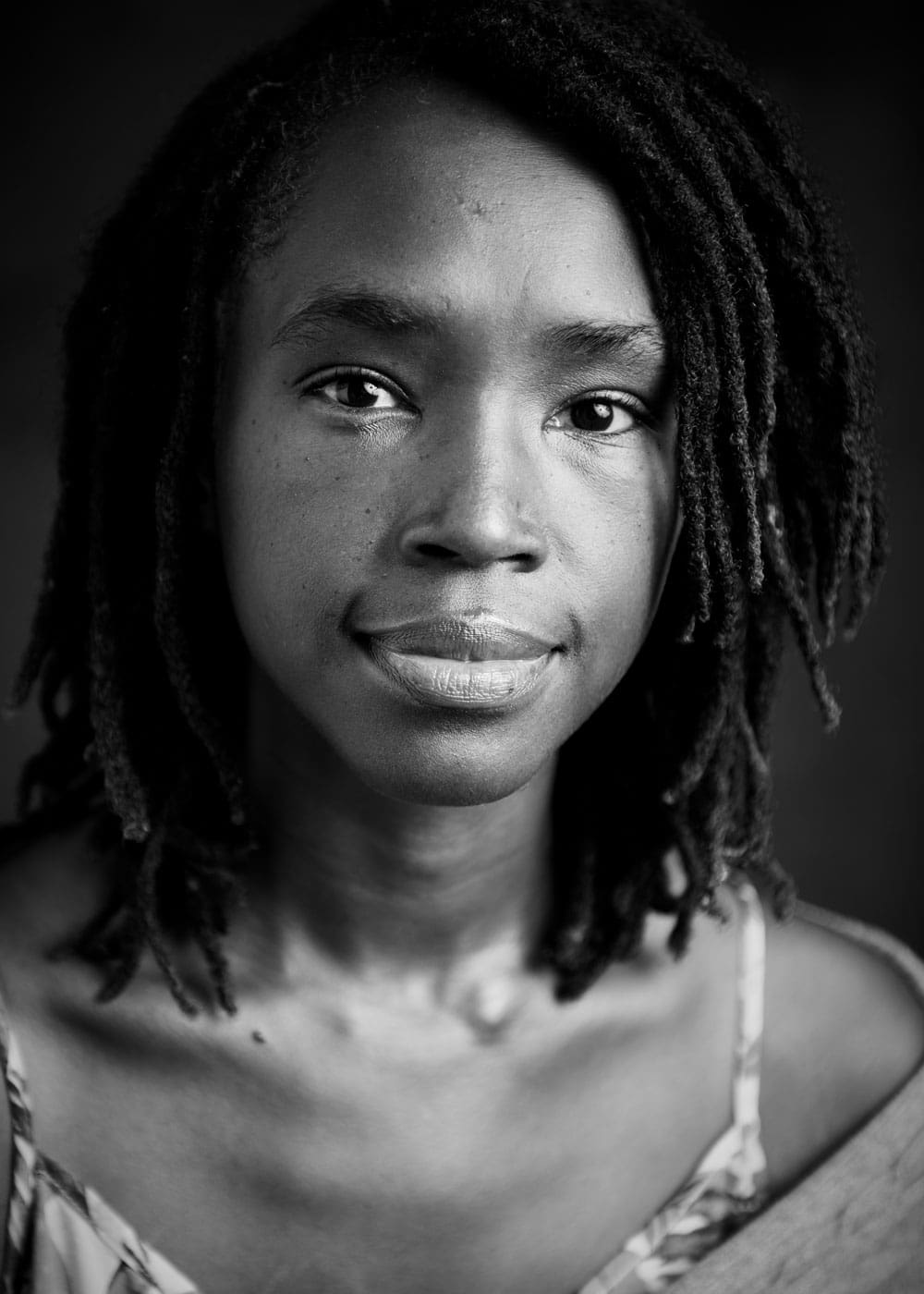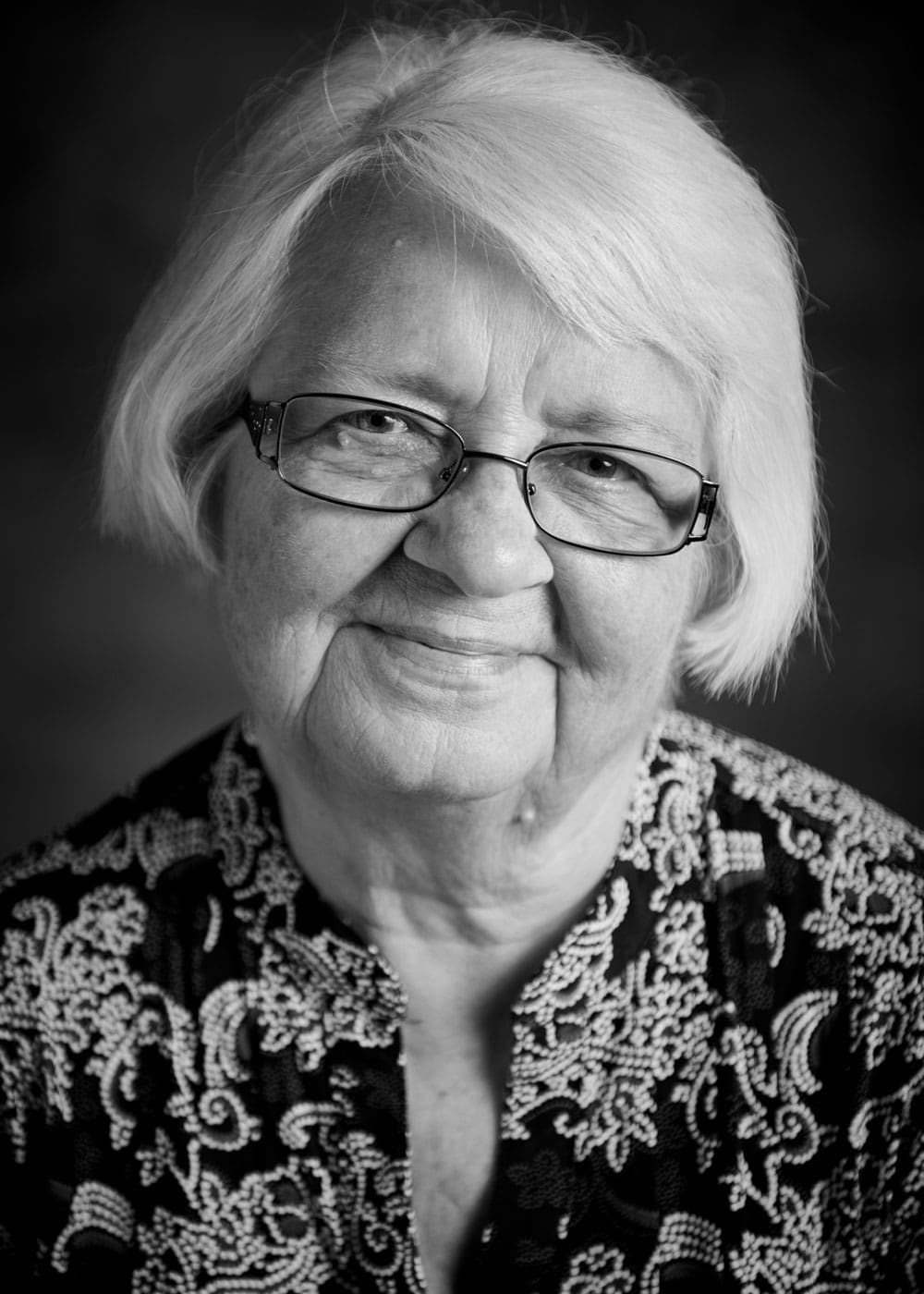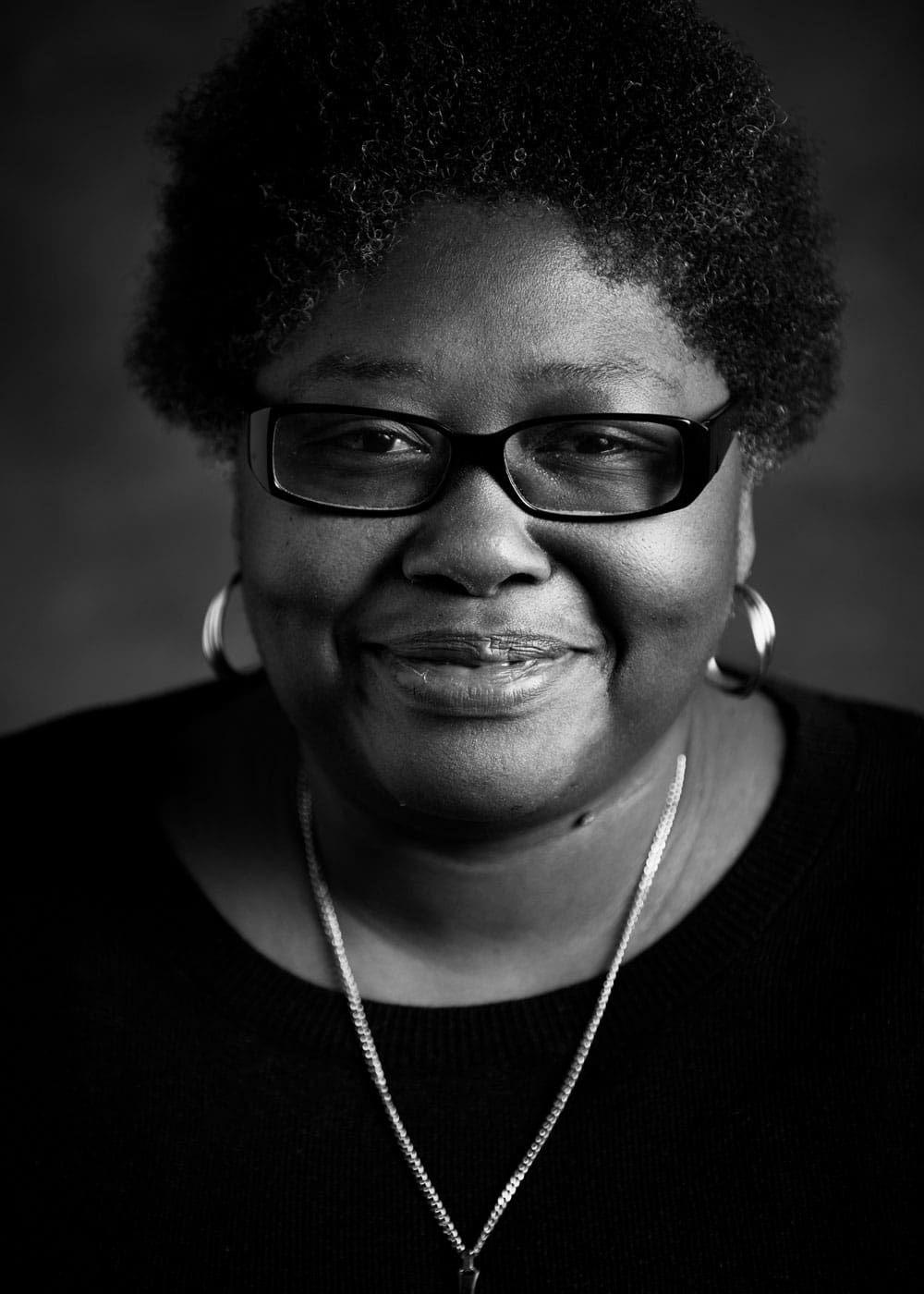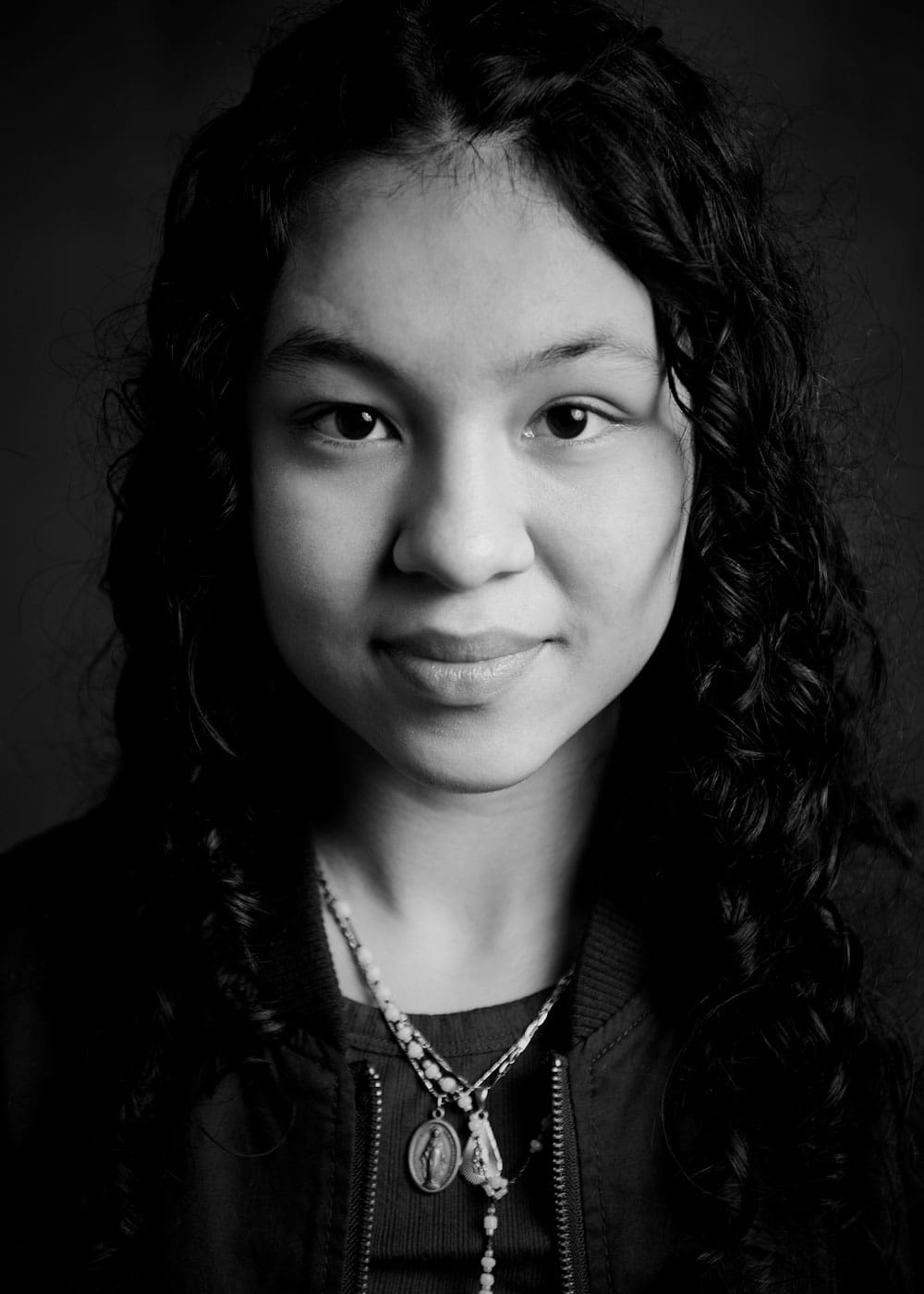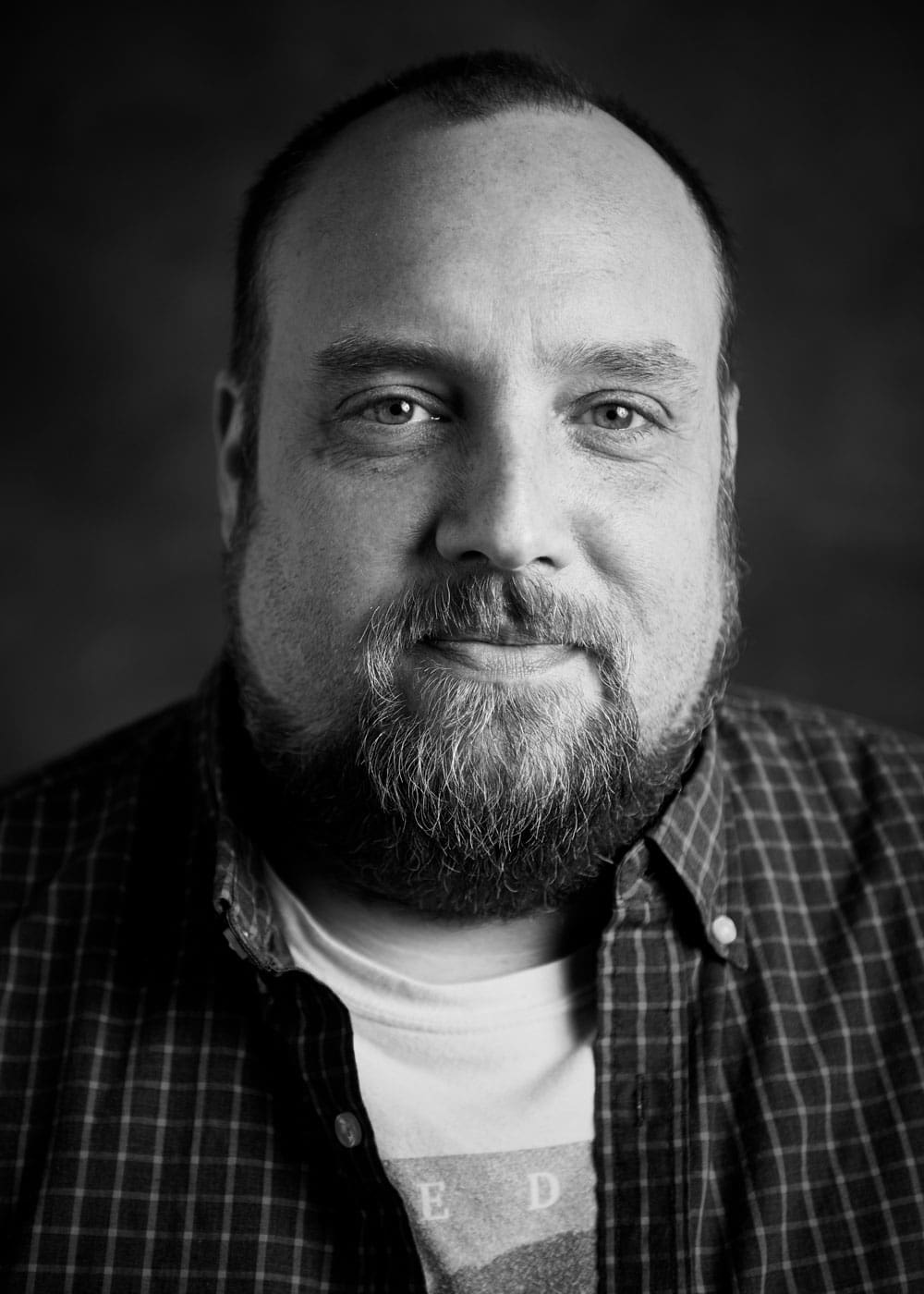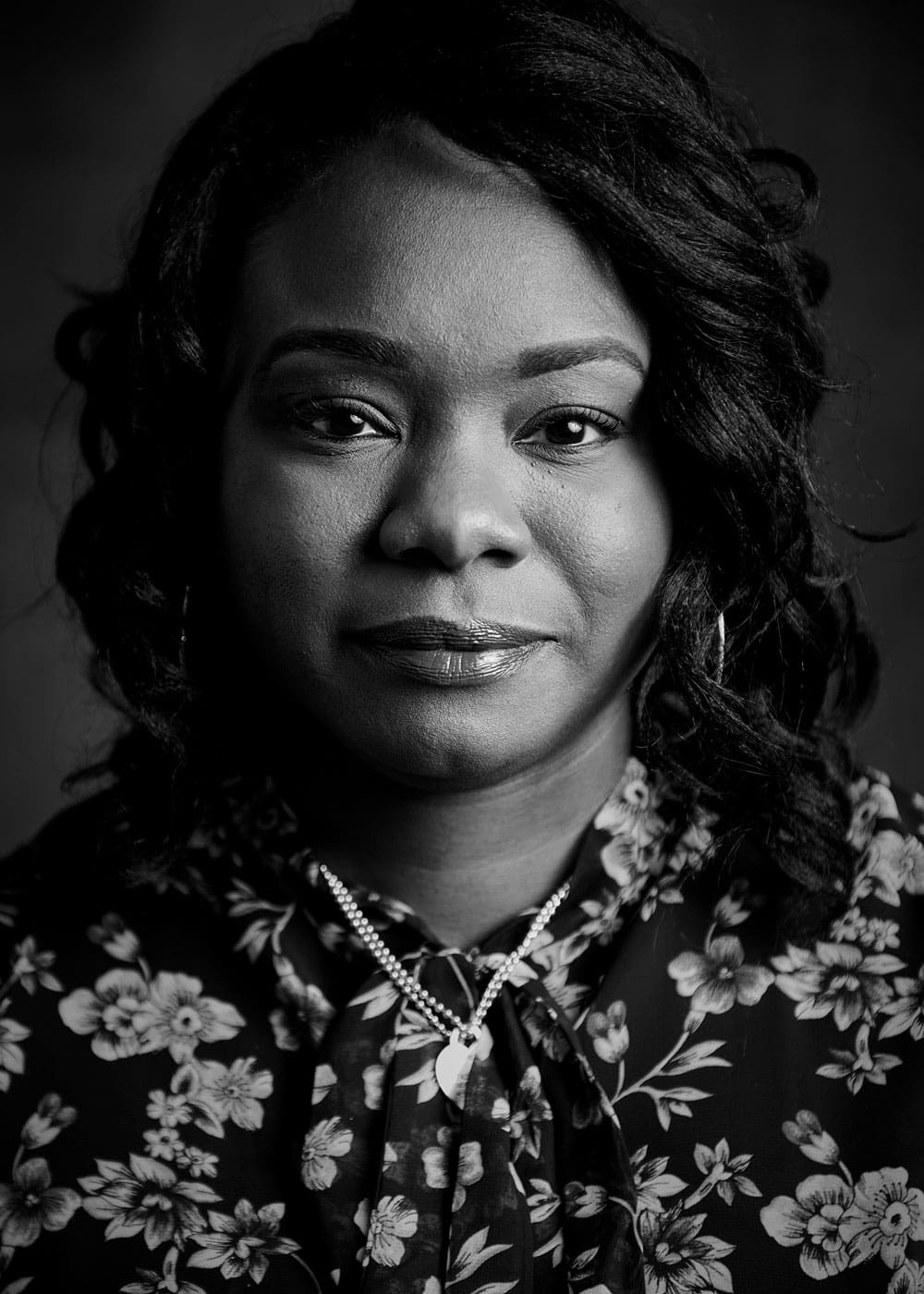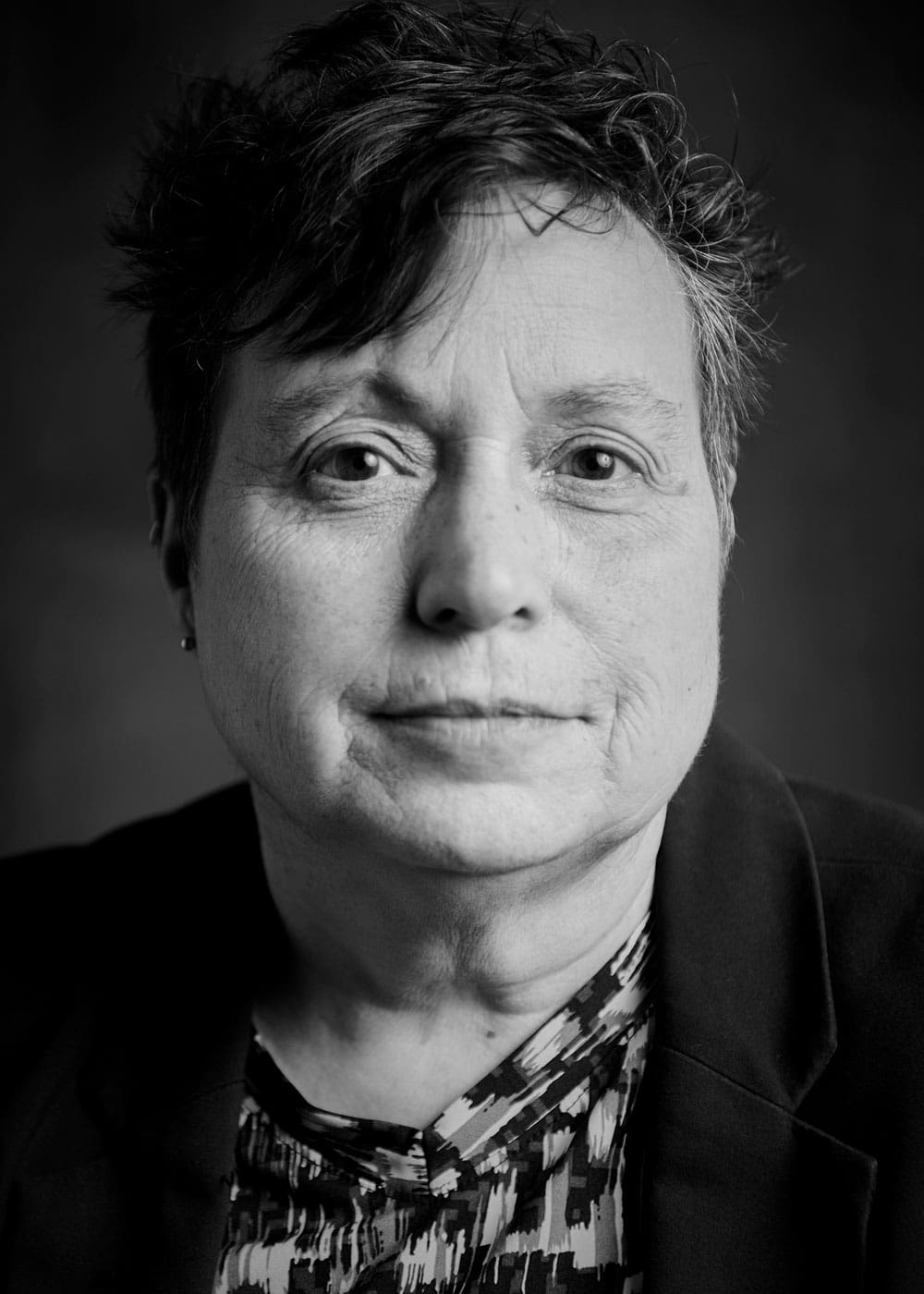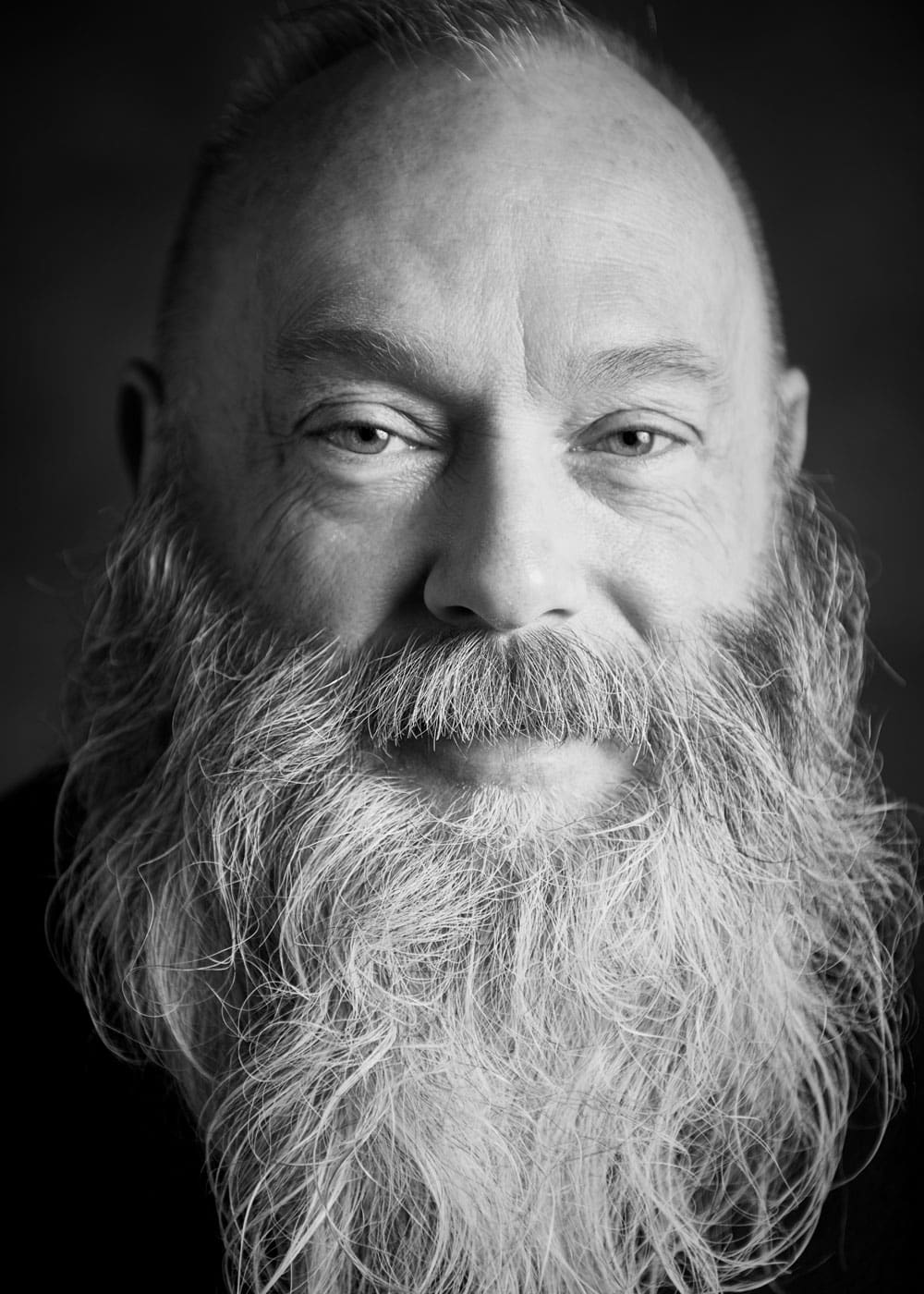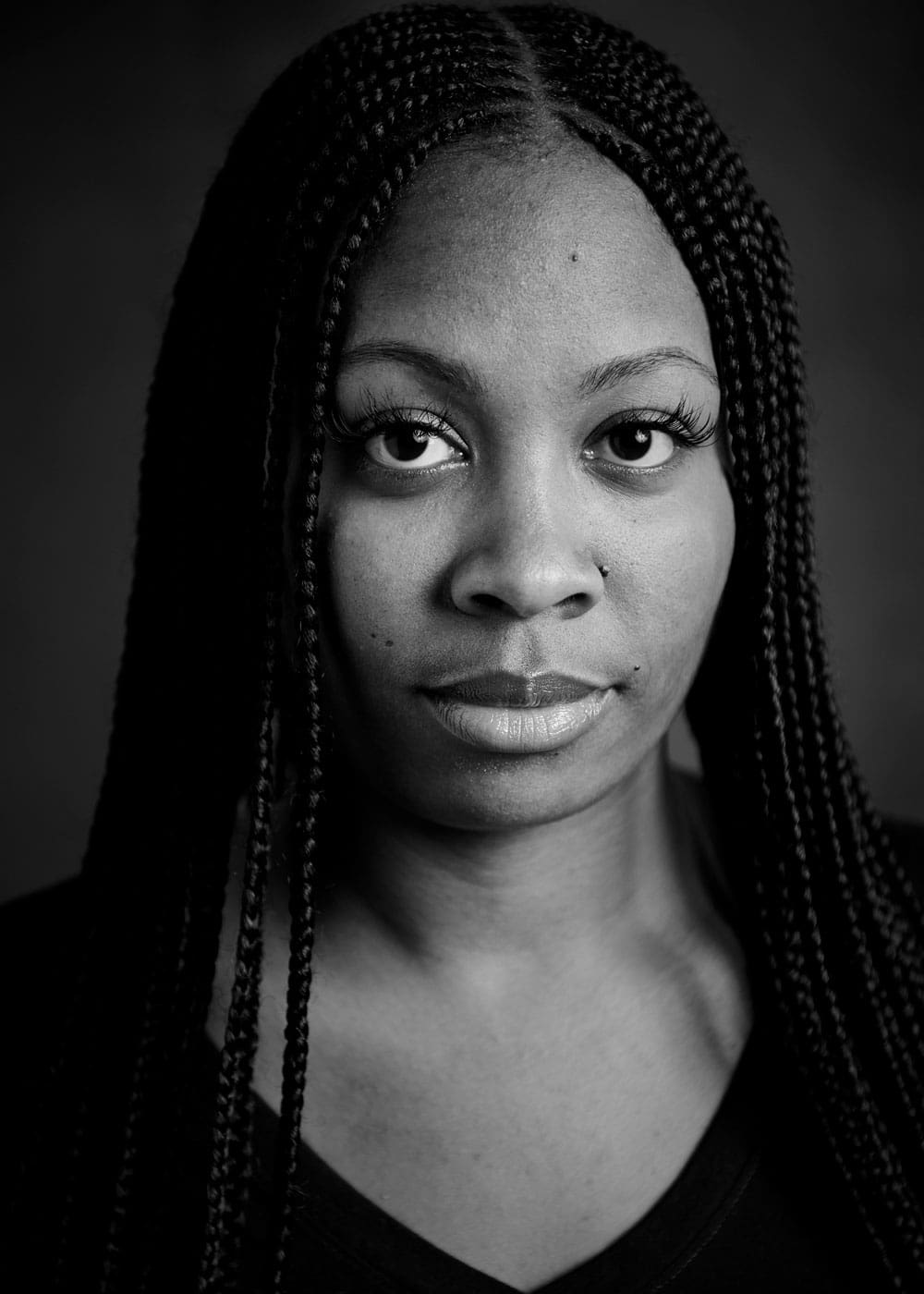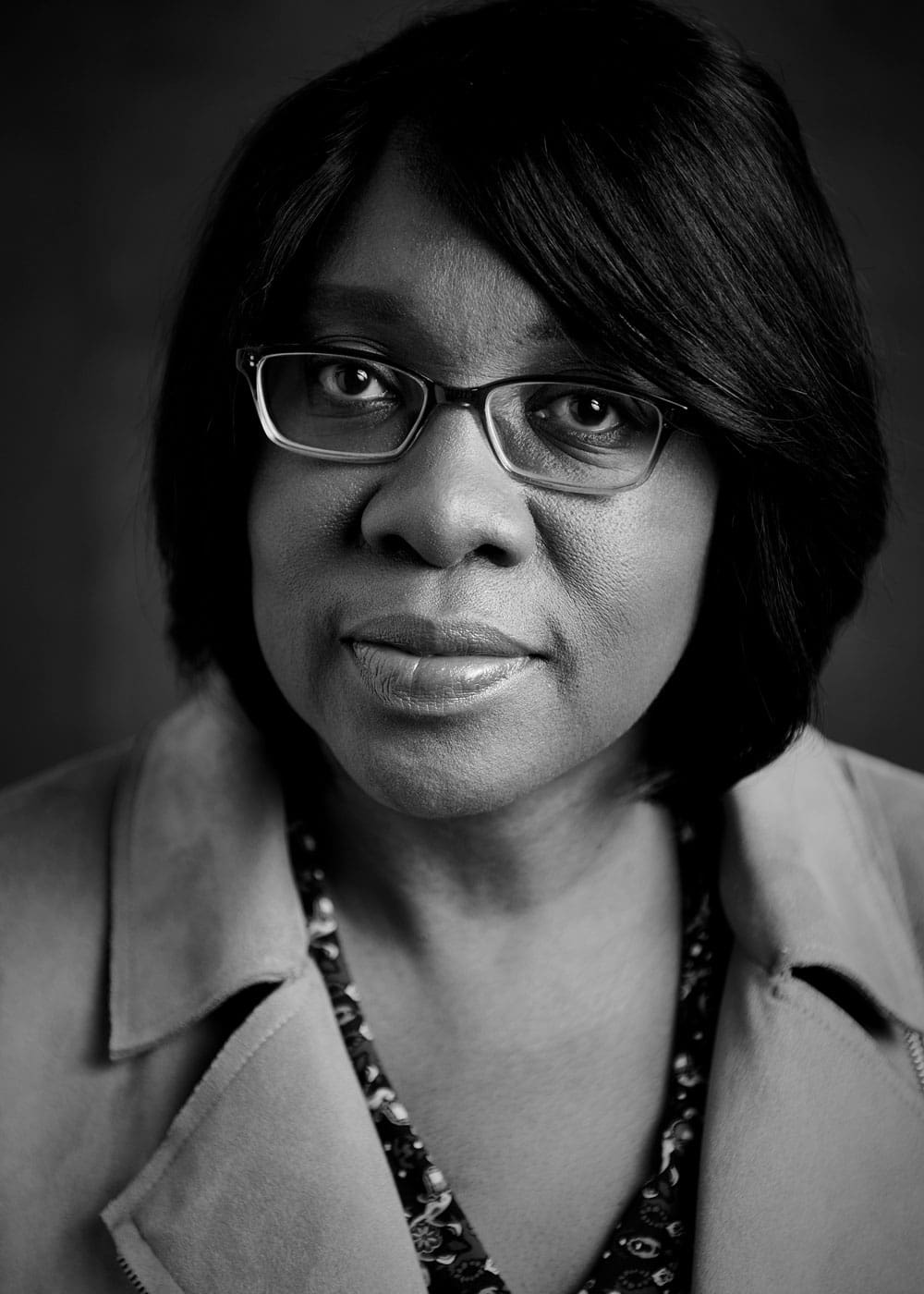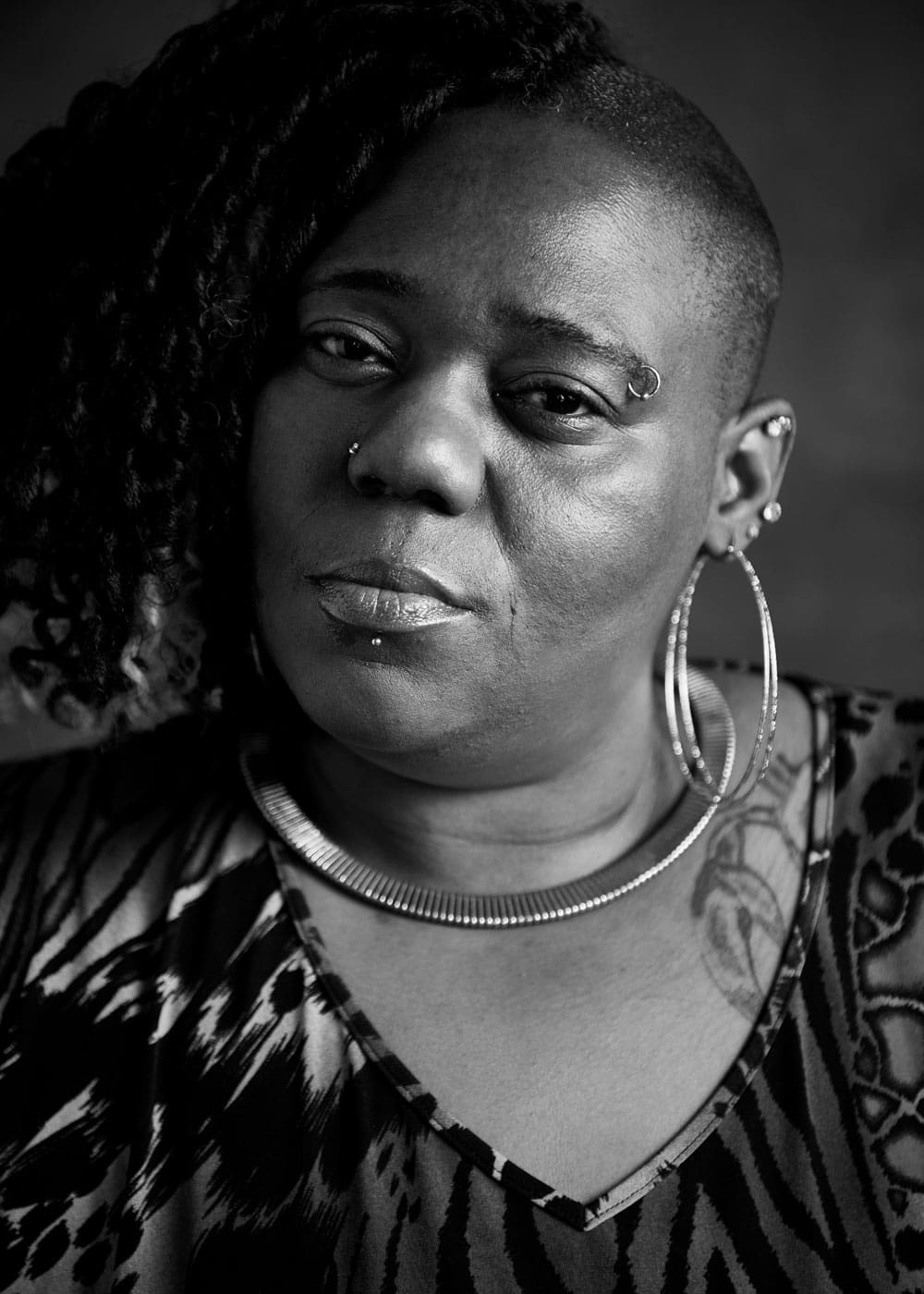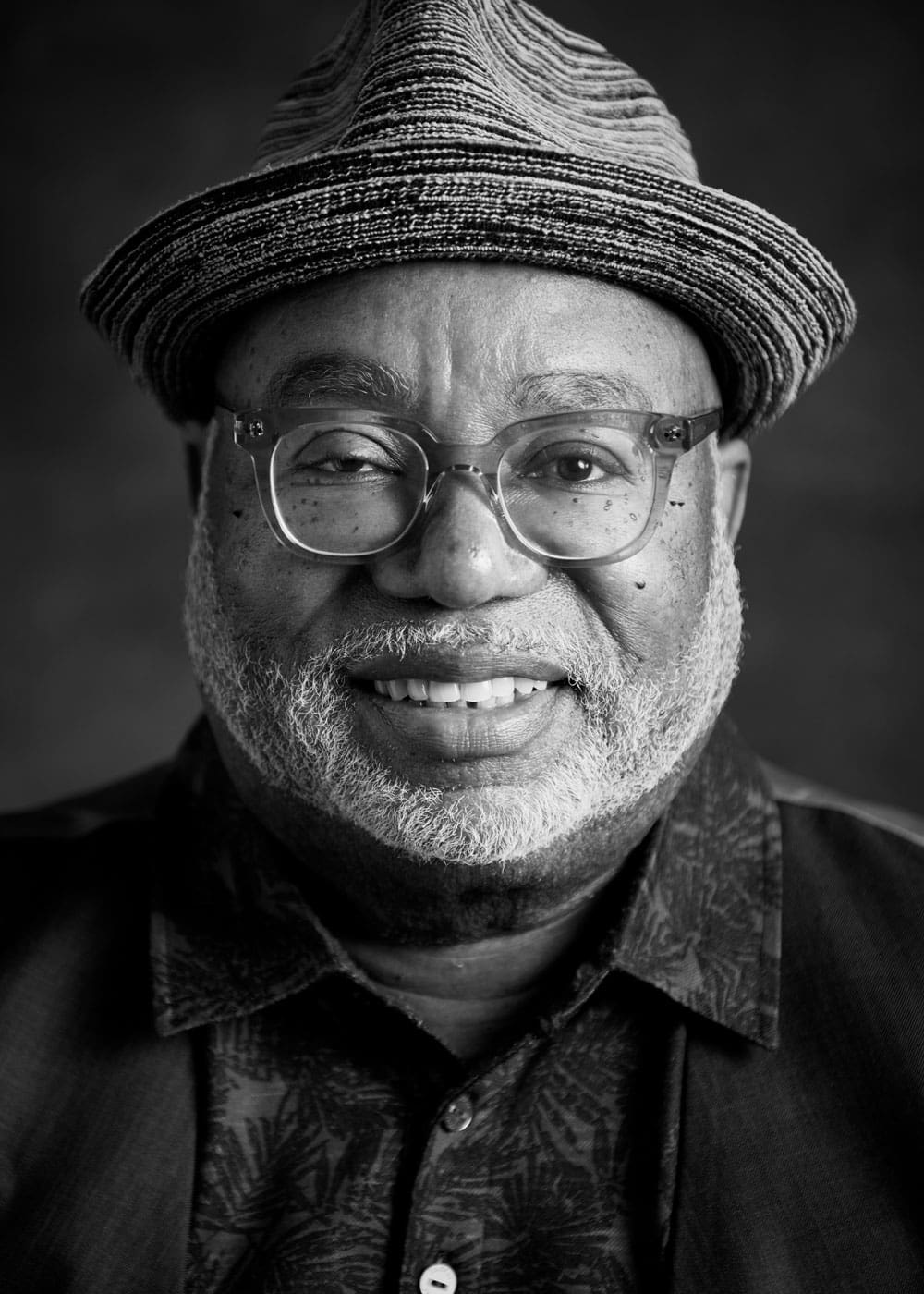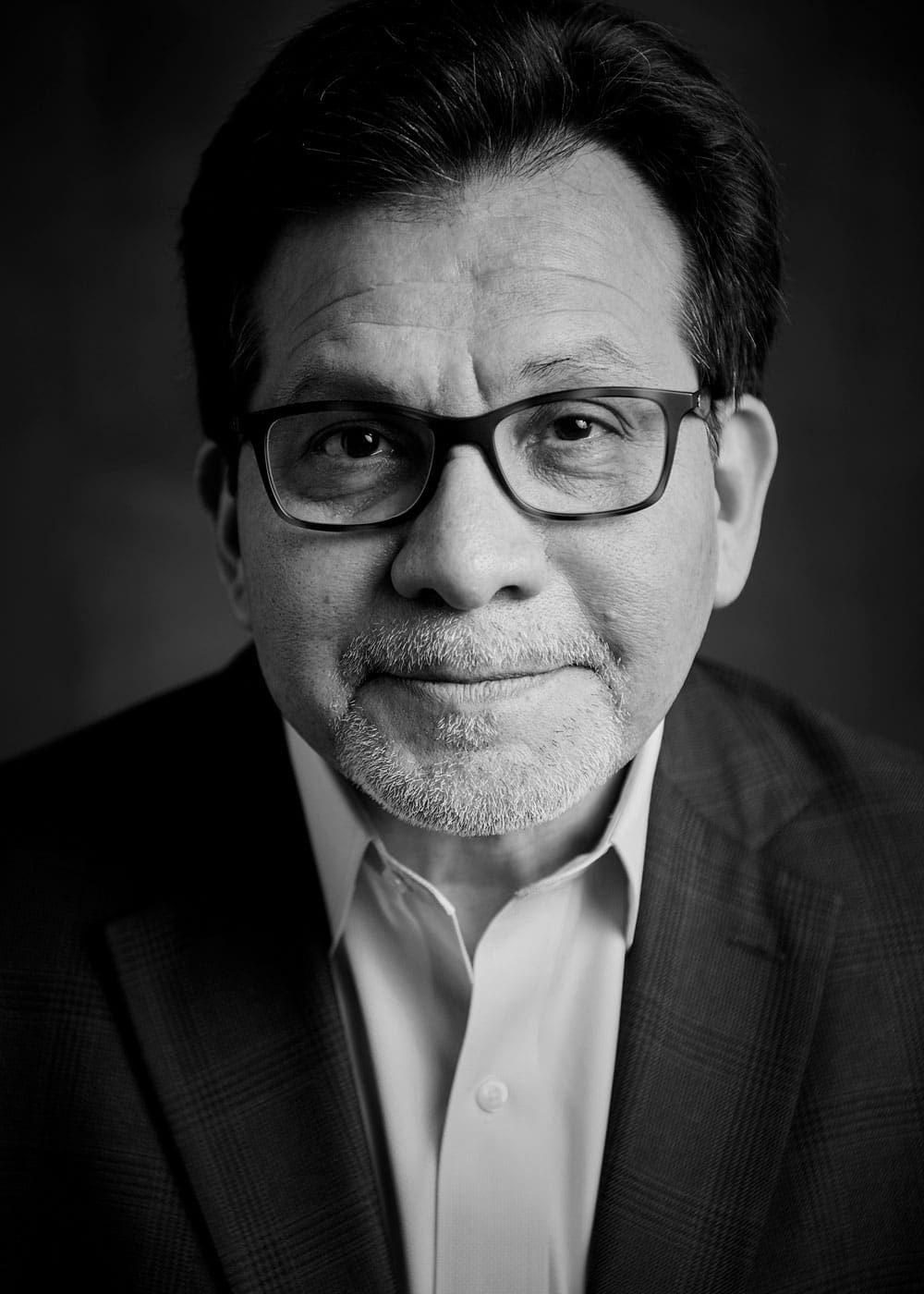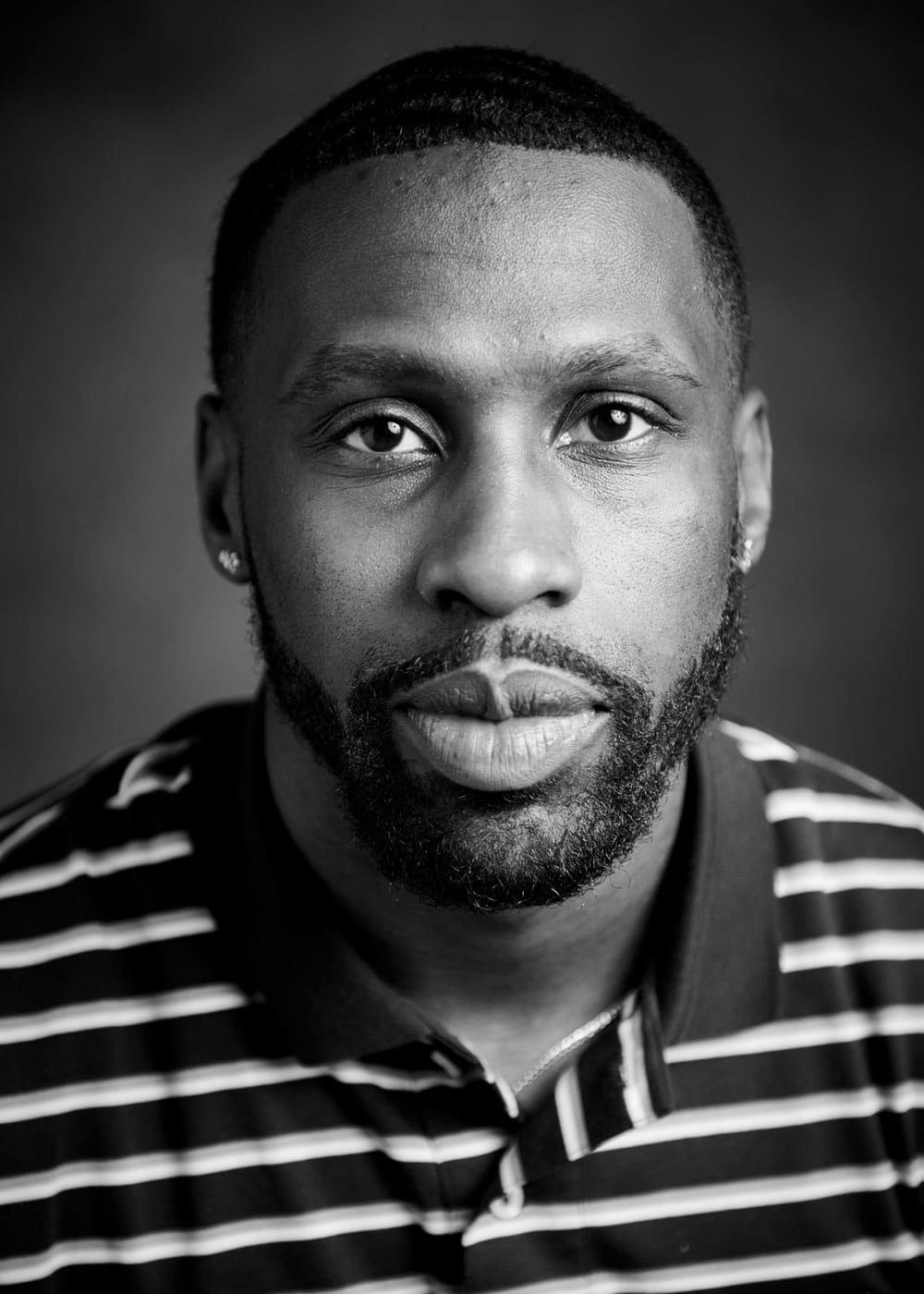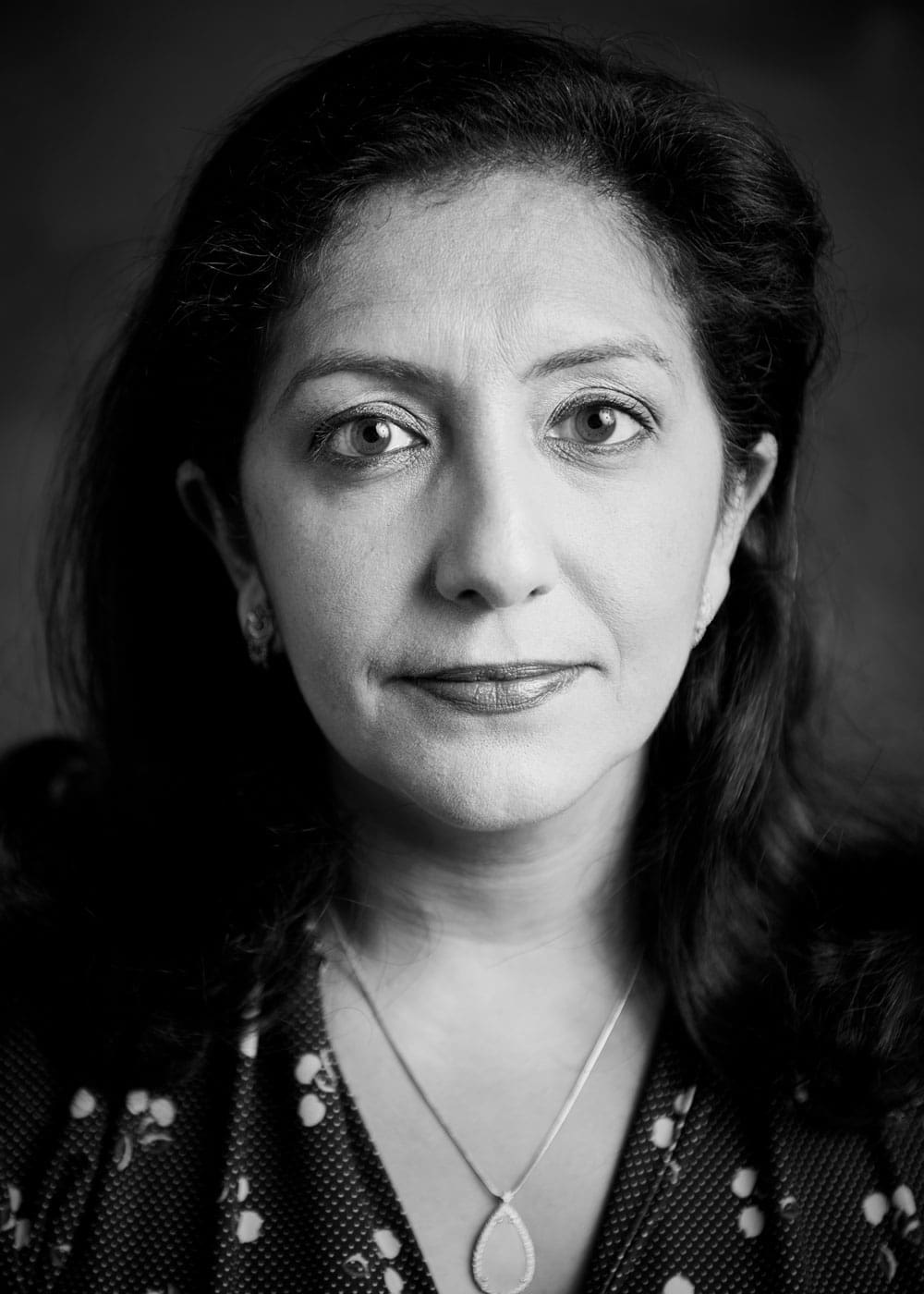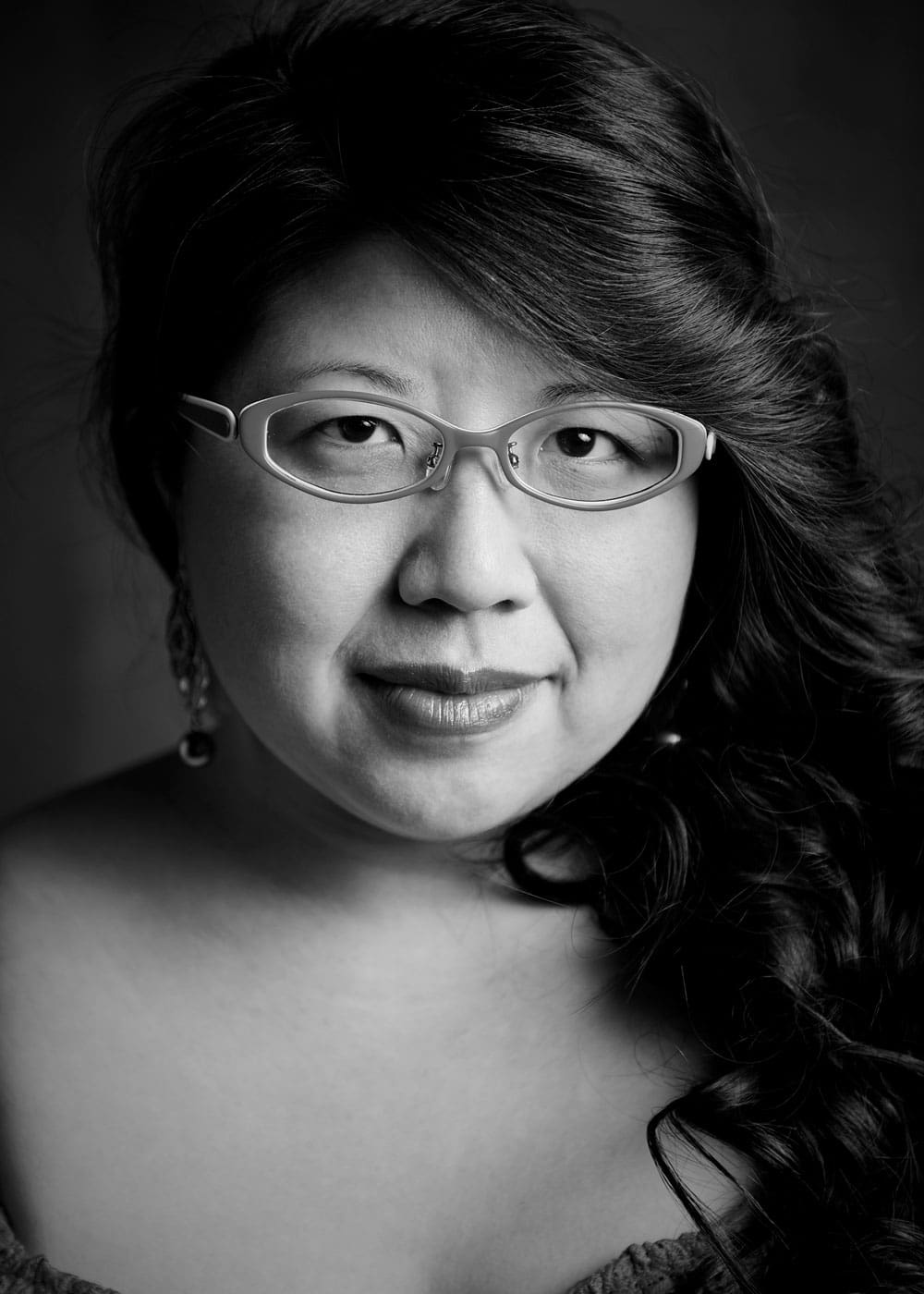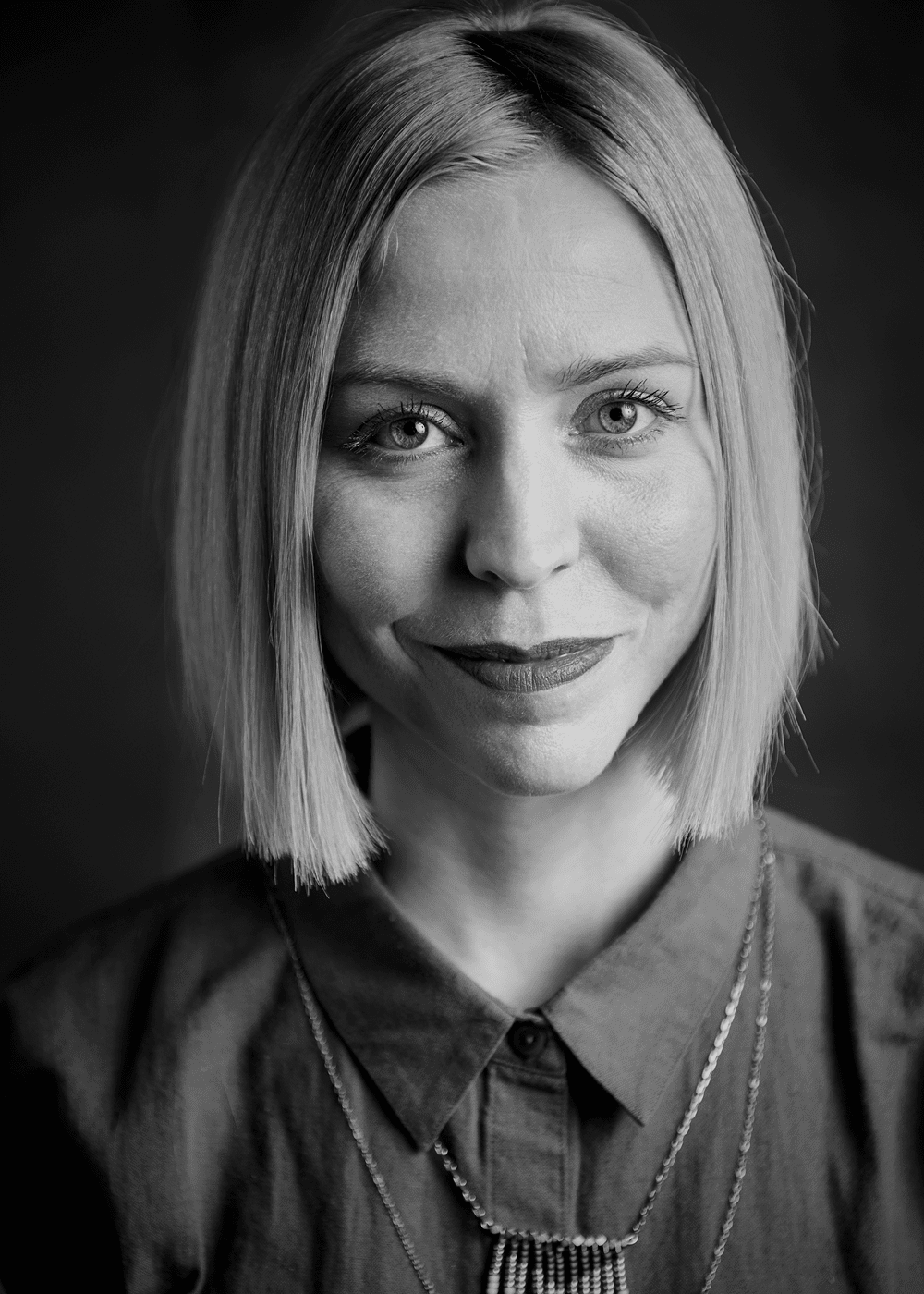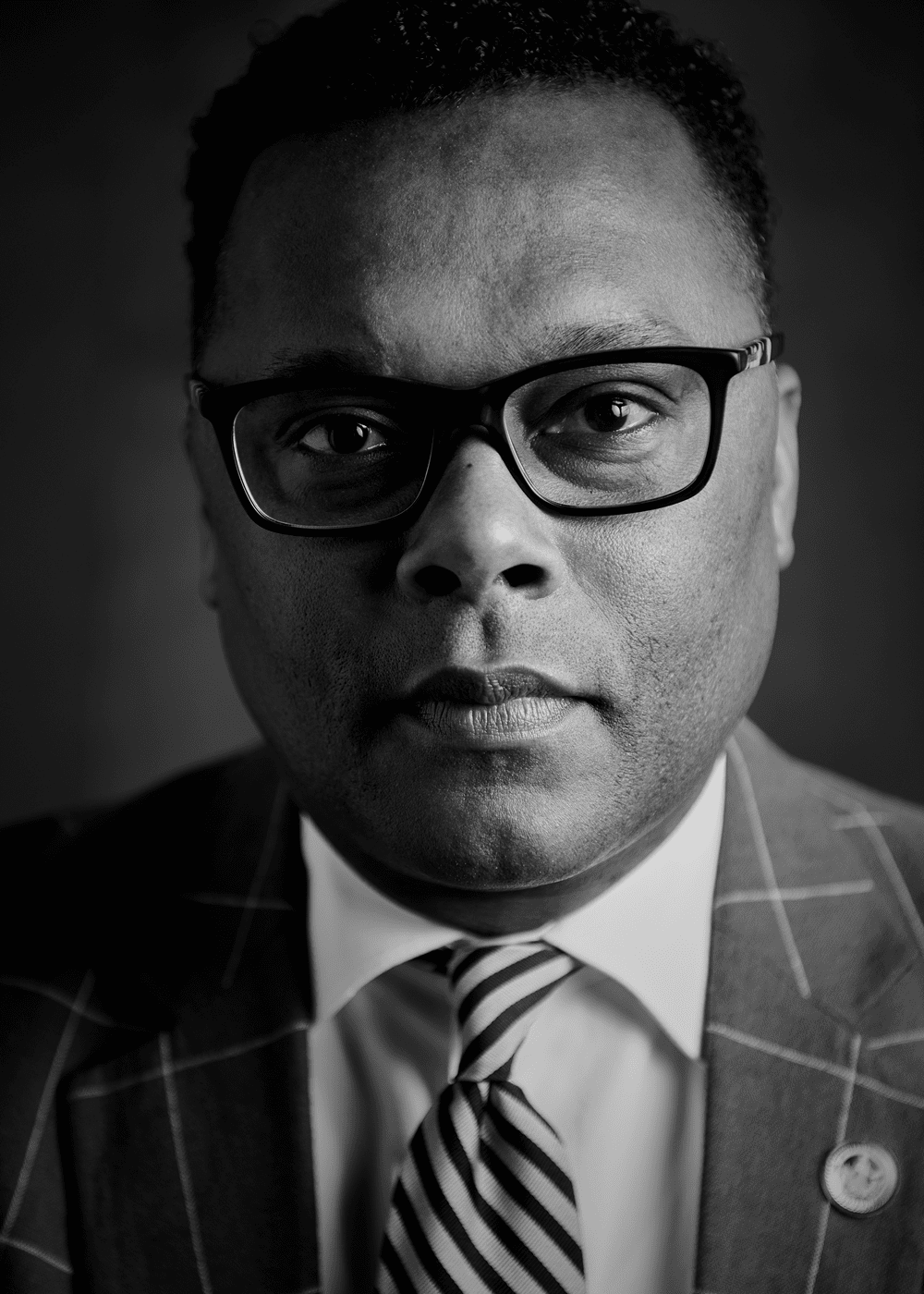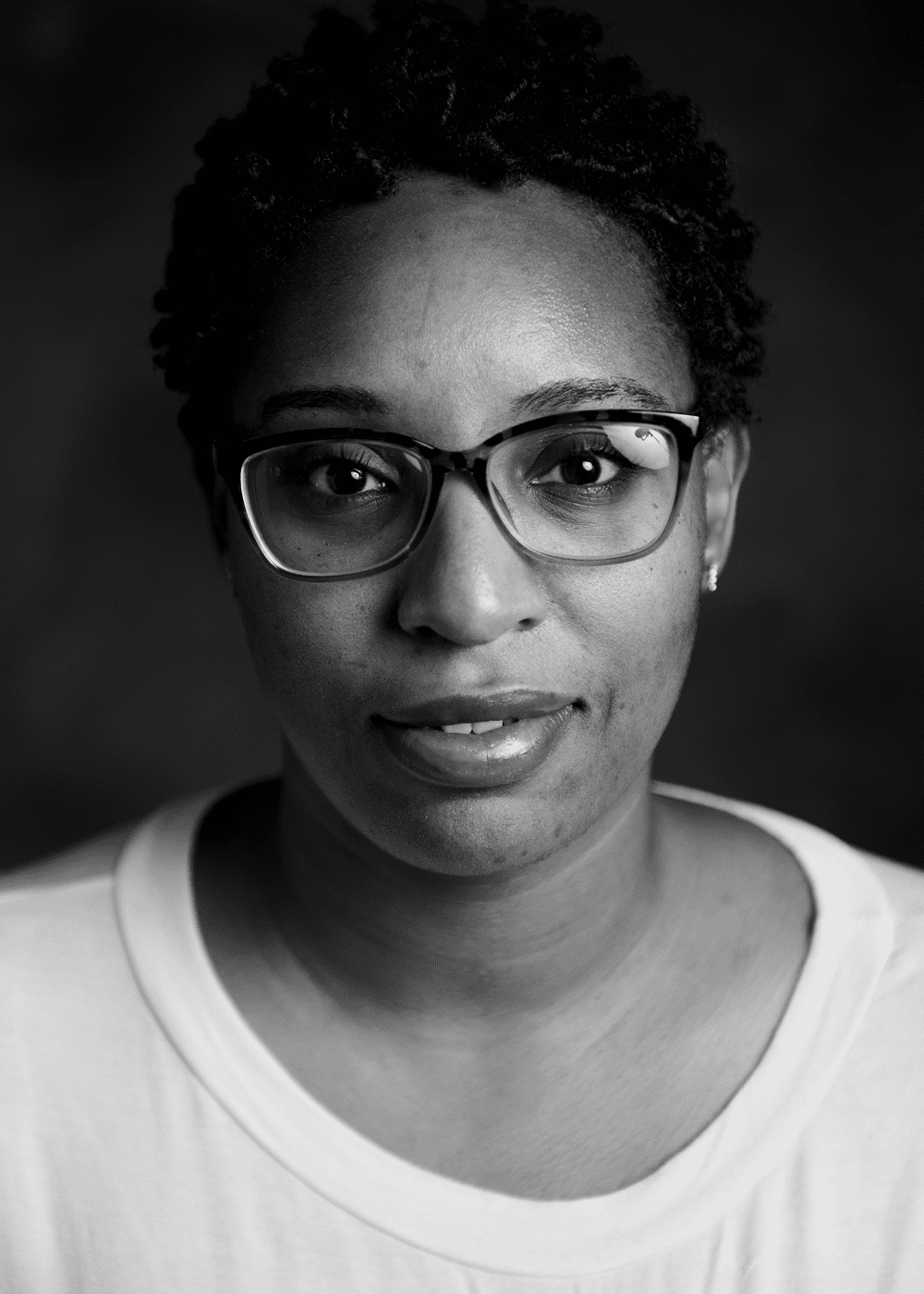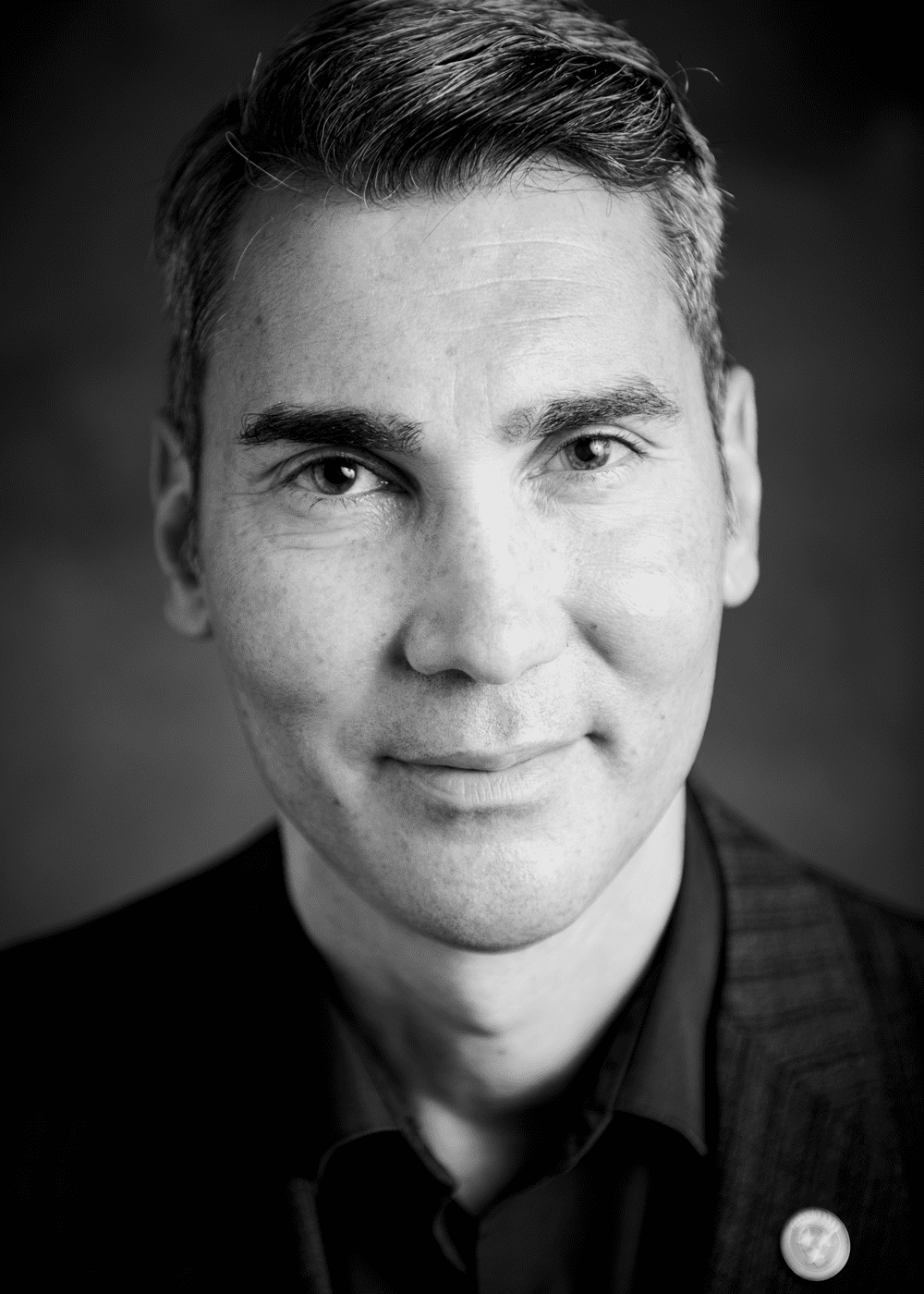Rev. Omaran Lee says the biggest issue facing our community right now is access.
“And it’s not just about knowing what to get to but having impediments in the way that intentionally and systemically block access. So the question is: How do we reform those things with policy and with people that are willing to be doorbusters, people that are really willing to stand on the line and to affect that change?”
And that need for access has only been amplified since the pandemic hit our community.
Rev. Lee works at Nashville General Hospital as the director of the Congregational Health and Education Network, or CHEN. CHEN received more than $100,000 from Metro CARES funding managed by United Way of Greater Nashville to help families who were struggling with mortgage, rent and utility payments.
“Financial assistance has made a world of difference for people being evicted and being foreclosed on,” he says. “Just being able to take away some of the stressors of not being able to pay your bills so that you can worry about being able to get food in the house or how to find more stable work.”
For those who are marginalized in our community—or who were already living on the edge before the pandemic—accessing resources could make the difference between staying afloat or falling back into poverty.
“It’s already hard enough for an African American to get a house because of what they earn or their credit structure or their debt to income. And if someone has done everything they can to mitigate those obstacles, and then they’re behind three or four months on their mortgage … and they can’t work because they have to keep their kids home from school because they’re protecting them from COVID, the first thing they’re thinking about is self-preservation. Paying a mortgage becomes secondary. So, for us to be able to come help someone not lose their home—because once they do, they probably will never be a homeowner again—that’s what gives us great joy, knowing that we’ve been able to stand in the gap.”
A main piece of his work has been ensuring equity of access to the COVID-19 vaccine.
“For example, helping grandmothers who were not computer savvy or literate to navigate the internet, register and go get their vaccination,” he says.
He remembers receiving a phone call in March from a senior he had worked with.
“She said, ‘I just want to call and thank you. Not only did you help me to get vaccinated, but you helped my brother and my sister. And I want you to know we’ve completed our second round of vaccination. Thank you so much,’ ” he says. “And I was like, ‘You’re more than welcome,’ but the pastor in me pushed for one more thing. I said, ‘Will you encourage your other family members to get vaccinated. Will you help us do that?’ ”
Another family they were able to help through their grant was a single mom caring for her elderly parents.
“Her mortgage was three months behind, and her daughter had to stay home from school because of the pandemic. And she’s having to lose hours at work because there’s certain hours she needs to be at home to be with her child. So, it started this snowball effect. But we were able to help make her whole and eliminate her debt up until that point. I mean, that’s, that’s what we do it for. Right? That’s what these funds are helping us do. Not leaving anyone out or leaving some on the margin. Even just putting something on the table to eat can really make an impact.”

